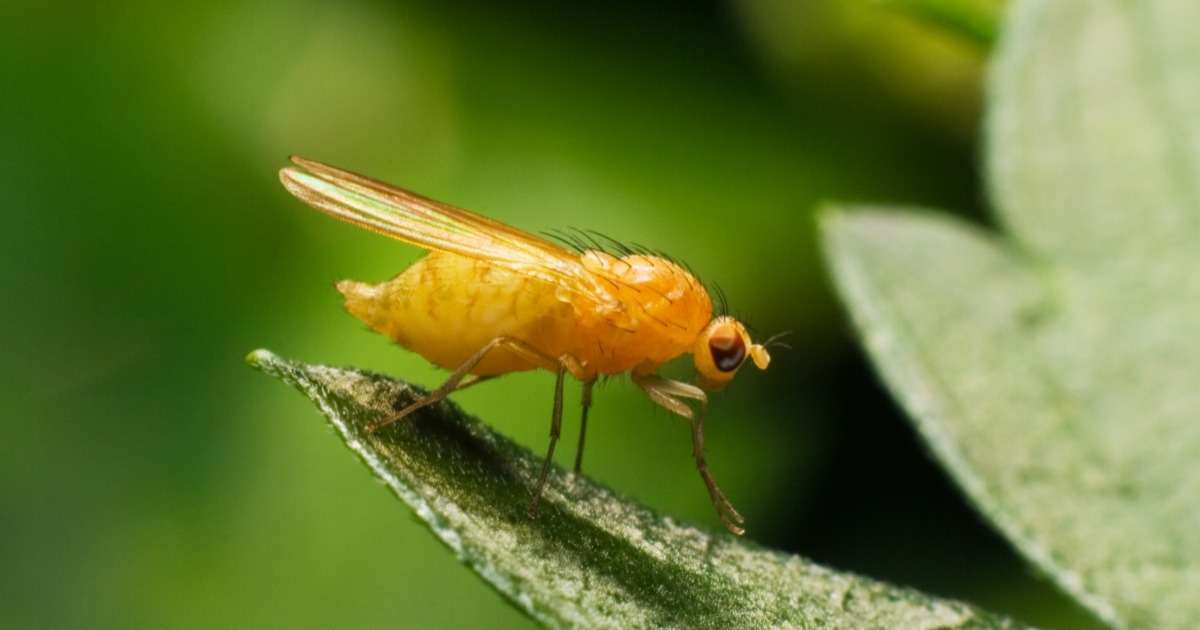
How fruit flies find your food (and mates!)
Those tiny flies that take over your garbage cans during the summer? They are called fruit flies for a reason! They have a fantastic sense of smell and these tiny creatures are a popular animal model for researchers.
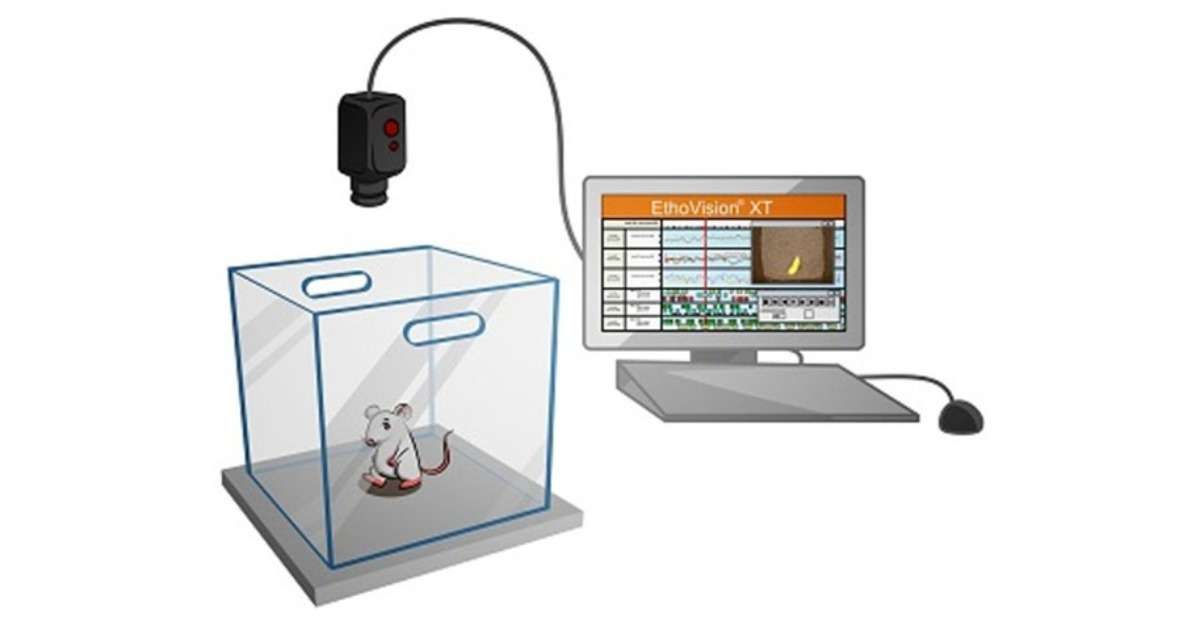
EthoVision XT and the open field test
Imagine you are dropped in the center of a wide open field. Would you explore the entire area? Or hunker down around the edges, fearing predators and other unknowns?
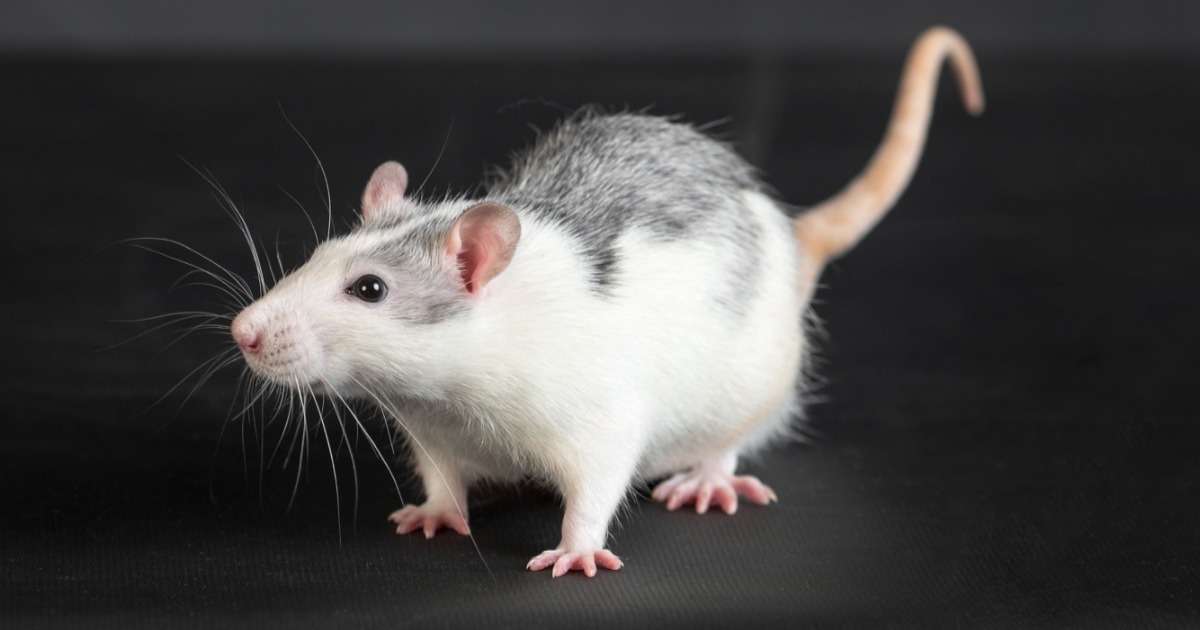
How sleep heals the brain
We sleep a large portion of our lives. And now researchers have proven that it can heal the brain.
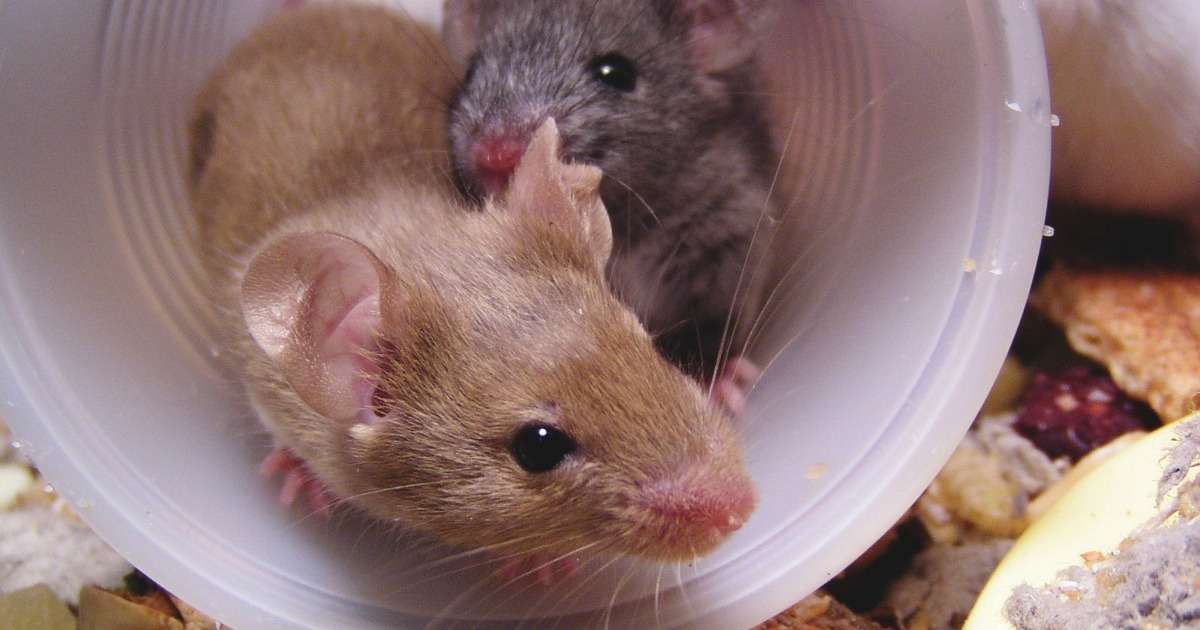
Serotonin and social skills: how adult mice differ from juveniles
Serotonin is a busy neurotransmitter, influencing processes as memory, mood, emotion, appetite, and sexuality. A prime role for this neurotransmitter is social behavior, across a variety of species; humans, rodents, primates.
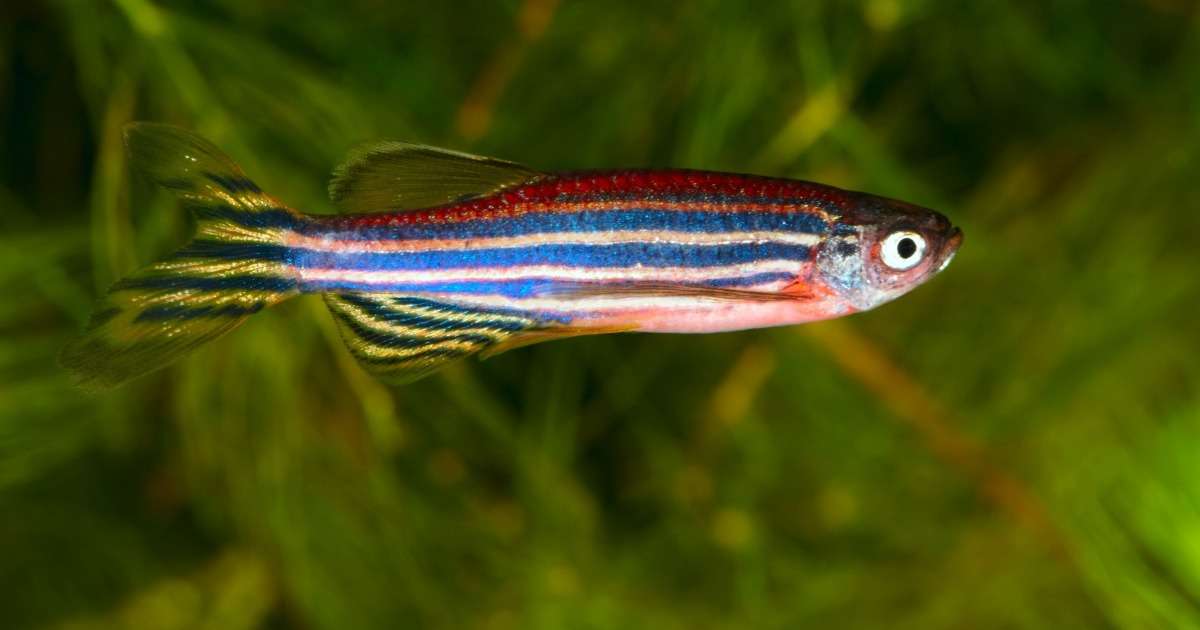
Zebrafish provide key insights into alcohol addiction
Why is it that when people drink, only small subsets of individuals develop an alcohol addiction? Steven Tran from the Gerlai Lab tells us why zebrafish are very helpful in the search for the answer to this question.
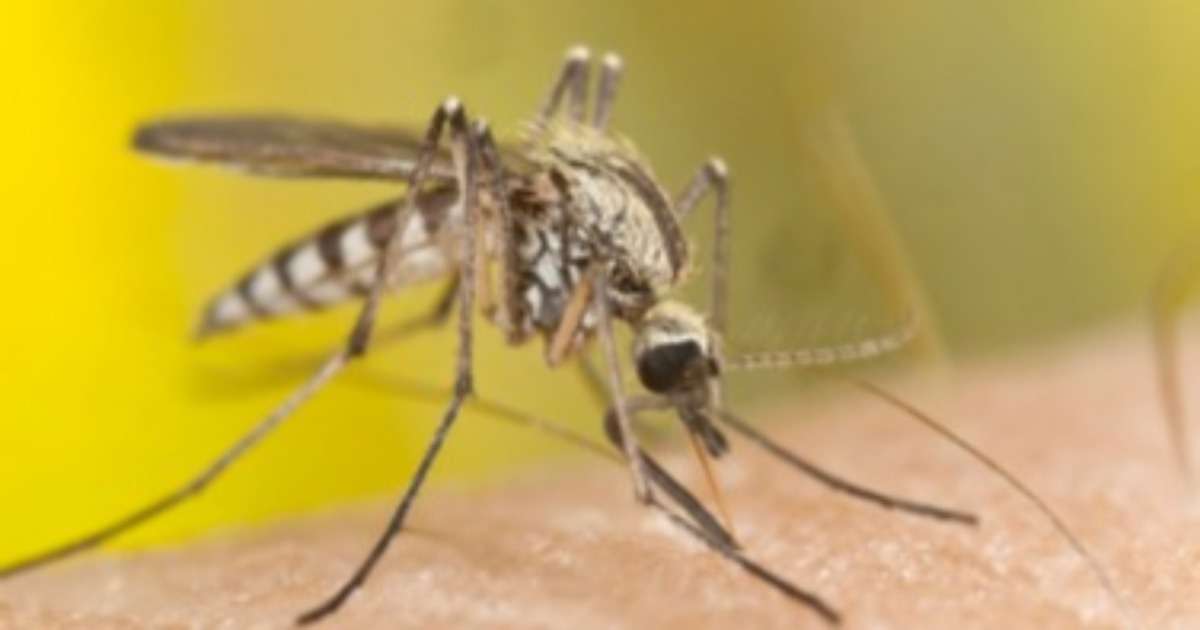
Does pesticide resistance make malaria mosquitoes “smarter”?
In one of my previous blog posts, I wrote about the success of insecticide treated bed nets in preventing malaria. In the past five years, mortality from malaria has dropped with 60%.
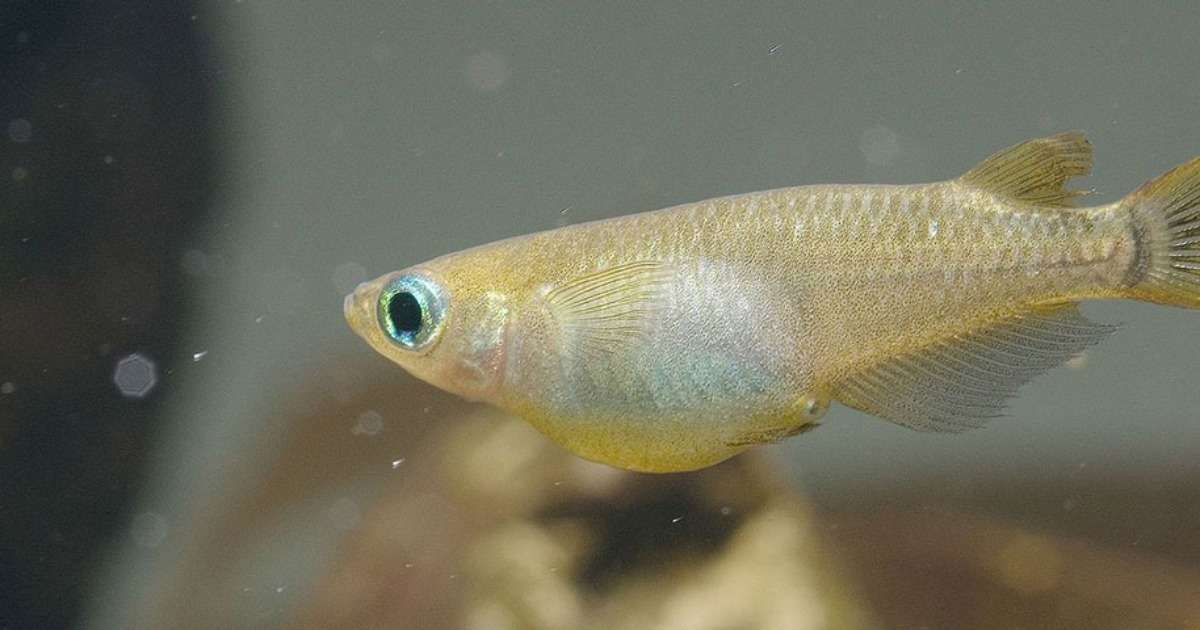
A new fish on the block: Japanese medaka in toxicology studies
We are all very familiar with zebrafish as a model species in neuroscience research. Today, let's talk about another fish, the Japanese medaka.
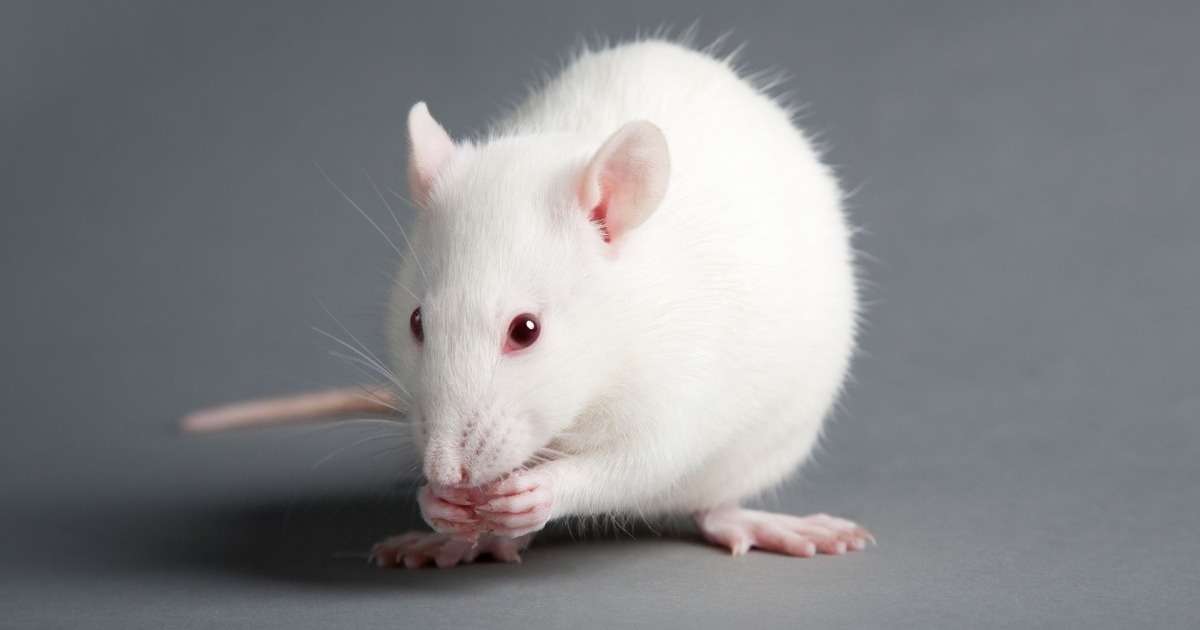
Dementia symptoms following surgery
This week we have a guest post by Iris Hovens. She has done some really interesting research into the consequences of surgery in terms of reduced memory and concentration problems.
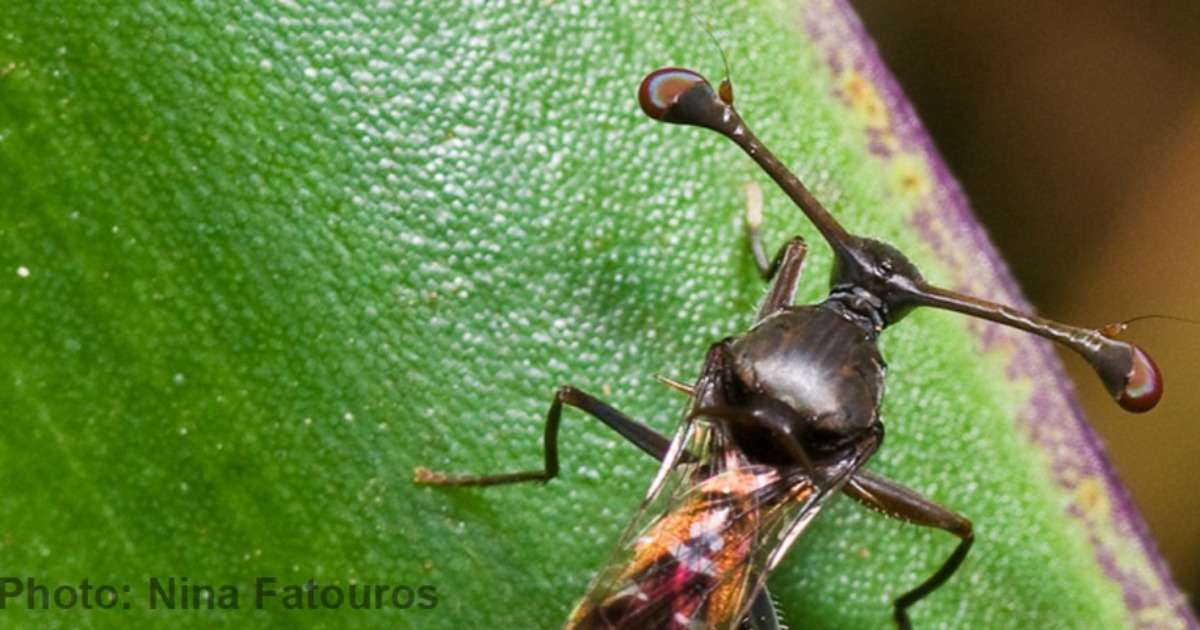
Bigger is not always better: hypothesis testing in sexual evolution
Sexual selection can lead to fascinating phenomena. We are all familiar with the fabulous color display of male peacocks to attract females. Less well known, but definitely not less interesting, are stalk-eyed flies.
